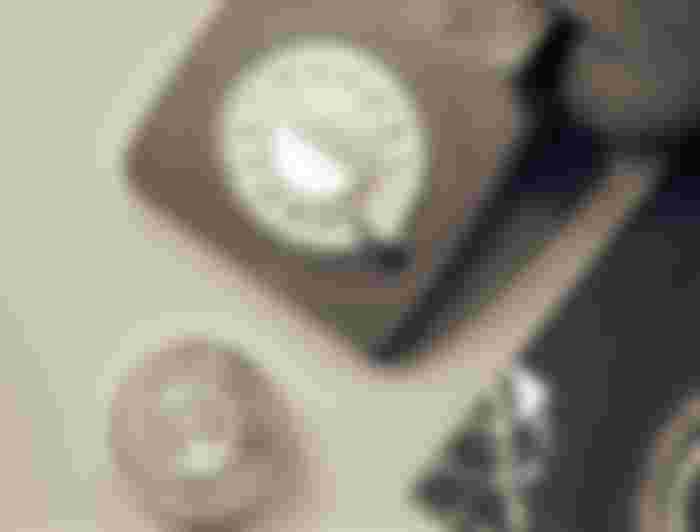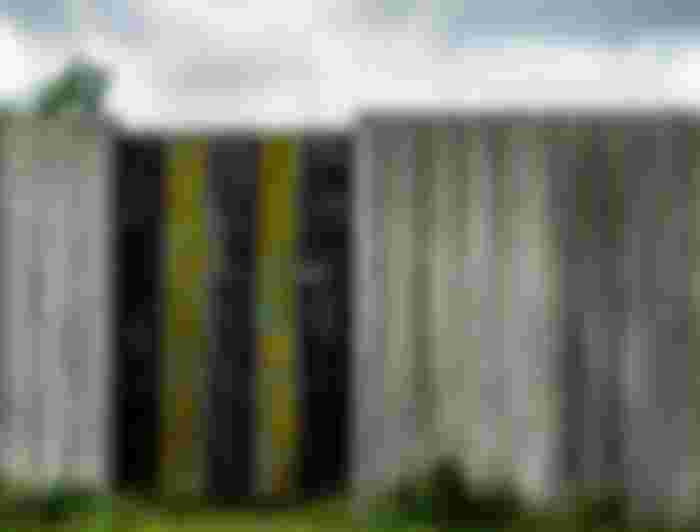What is a conspiracy theory? A theory that someone has conspired to keep a secret.
Examples of conspiracy theories: The moon landing was faked, there are aliens on earth, the Illuminati controls the world.
Conspiracy theorists believe these theories because they are told by others who have "knowledge" about it and therefore know more than you do. These people often use emotional arguments like "why would they hide this from us?" or "I don't trust them."

There is no proof for any of these claims-they're all just assumptions and speculation made up by random internet users. Conspiracy theorists will also usually be very defensive when questioned about their beliefs which can make it seem as if there's something wrong with questioning their thoughts in the first place.
They might also exaggerate information about the theories which is called fear-mongering.
So Why do people believe in these theories?

Some people believe in conspiracy theories because it gives them a sense of power and control. There are many types of conspiracy theories and the beliefs vary depending on who you ask.
Some people will go as far as claiming that the government is keeping alien technology from us, while other people might believe that there's an evil Illuminati group controlling our thoughts and finances.
For some people, believing in a conspiracy theory is their way of understanding the world or their way of feeling like they're in on something.
The most popular type of conspiracy theory is the idea that 9/11 was faked by the US government and Osama Bin Laden was not really responsible for it. This theory is symbolic of the widespread distrust among the American people that governs and corporations are hiding something from us.
How to respond when someone brings up a conspiracy theory with you, and how to spot if they're a true believer

A lot of the time when someone gives you a conspiracy theory, they are not looking to hear the truth or have their beliefs challenged. They're looking for a sounding board and they want to see your reaction to their ideas.
That's why it's important to avoid any emotional reactions and simply be inquisitive about what they're saying.
Questions you can field at conspiracy theorists:
What evidence do you have?
Where did this information come from?
How do you know this is true?
What if I wanted to disprove that claim? What would my research process be like?
Few people will say they believe everything that is said on the internet is true, so hold them accountable for what they tell you. The internet is full of information, but not all of it is true. And when you hear a claim that sounds suspicious to you, be sure to check out the source for yourself.
My Verdict

If you are going to believe in something, then ask yourself who will benefit from this belief and what evidence do I have for it?
So what do you think about conspiracy theories? Do you believe in them or not? and What evidence would make you change your mind about them? Let me know! Reply to post, and I will respond to every one of you. :)
Thanks for reading




There are lots of conspiracy theories about the pandemic. The so called "Plandemic" or "Scamdamic" Is Covid-19 really exist or it has been used to roll out the vaccine? Is the vaccine safe or is it experimental? There are lots of questions. Oh yes the other one. Is the Earth flat? :)